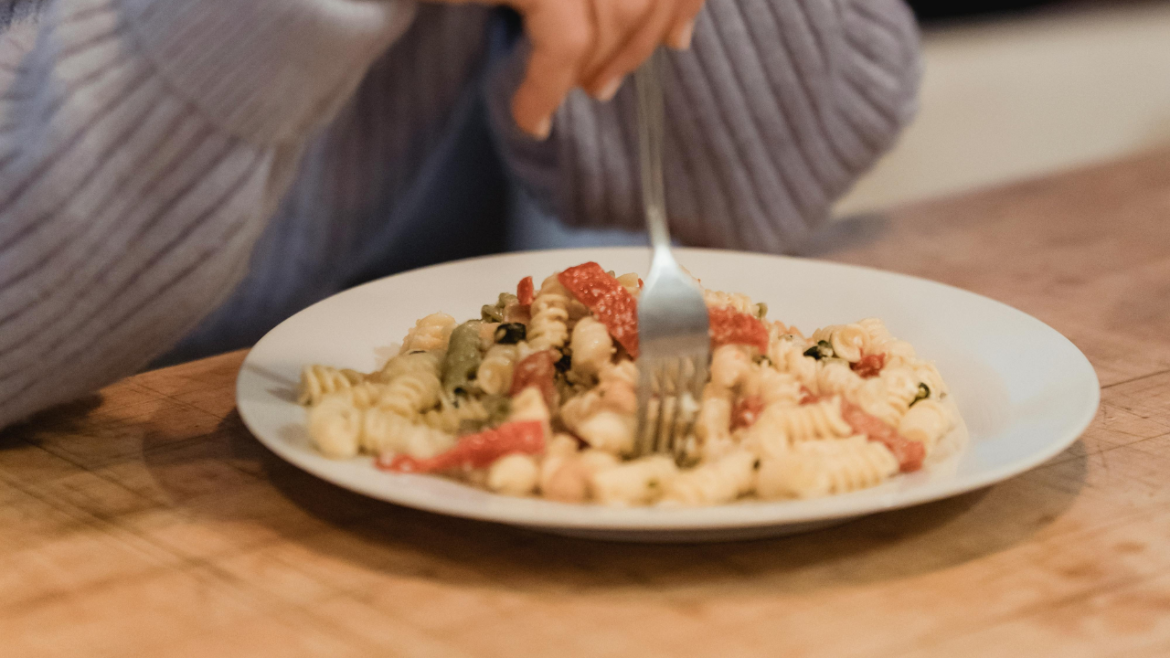Foods That Promote Healing After Surgery
Recovery after surgery is a journey that involves more than rest and medical care. Nutrition plays a crucial role in how quickly the body repairs itself, how well wounds heal, and how much strength returns in the weeks that follow.
While medicine supports healing from the outside, food acts as medicine from within, providing essential nutrients that fuel the process of recovery. Choosing the right foods can make the difference between a slow, difficult path and one filled with renewed energy and progress.
The Power of Protein in Recovery
Among the most important nutrients for healing, protein holds a central role. Surgery places stress on the body, creating a demand for tissue repair, muscle rebuilding, and immune support. Foods rich in protein, such as eggs, chicken, fish, beans, and lentils, supply the building blocks necessary for this repair.
Without enough protein, wounds may close more slowly, and energy levels may remain low. By including protein at every meal, patients strengthen their bodies in ways that medicine alone cannot achieve. Protein does more than rebuild; it restores confidence that recovery is underway.
Vitamins That Fuel the Healing Process
The body relies on vitamins to carry out countless healing functions. Vitamin C supports collagen production, which strengthens connective tissues and helps wounds close. Citrus fruits, strawberries, bell peppers, and broccoli all provide this essential nutrient in abundance. Vitamin A, found in carrots, sweet potatoes, and leafy greens, supports skin repair and bolsters the immune system.
Vitamin D, present in fortified dairy products and fatty fish, helps regulate recovery by promoting bone strength. Each vitamin acts like a guiding hand, steering the body toward balance and resilience. When included daily, they empower the body to restore itself more completely.
The Essential Role of Minerals
Minerals also contribute to a successful recovery. Zinc, in particular, speeds wound healing by supporting cell growth and repair. Sources such as nuts, seeds, and lean meats offer steady supplies of this critical mineral. Iron, often lost during surgery, restores energy by helping red blood cells transport oxygen throughout the body.
Dark leafy greens, red meat, and legumes help replenish iron levels. When these minerals are present in the diet, patients often find that their energy grows stronger, and recovery feels less daunting.
Hydration as a Foundation for Healing
Water is one of the simplest yet most overlooked tools in recovery. Dehydration can increase fatigue, slow digestion, and even interfere with the body’s ability to heal wounds. Staying hydrated ensures that nutrients move efficiently throughout the body, toxins are flushed out, and tissues remain supple.
In addition to water, broths, herbal teas, and water-rich fruits contribute to proper hydration. This steady intake not only aids physical healing but also provides comfort, helping patients feel refreshed and renewed during recovery.
Healing Through Comfort Foods With Purpose
Food after surgery is not only about nutrients but also about emotional comfort. Seniors especially may struggle with appetite after procedures, and the thought of eating can feel overwhelming. Offering familiar foods prepared in gentle, nourishing ways can create emotional reassurance while still providing healing benefits.
A warm bowl of soup, a smoothie made with fresh fruit, or oatmeal topped with nuts can deliver vital nutrients while soothing the spirit. Healing is not only physical; it is also emotional, and food serves as a bridge between the two.
Avoiding Foods That Hinder Recovery
Just as some foods promote healing, others can slow progress. Highly processed foods, those high in sugar, or meals rich in unhealthy fats can create inflammation and weaken the immune system. Choosing whole, fresh ingredients supports the body’s efforts rather than working against them.
While occasional treats may provide comfort, relying too heavily on them risks delaying recovery. By focusing on foods that strengthen rather than deplete, patients can maintain momentum and protect their progress.
A Holistic Path to Healing
Recovery after surgery requires more than following medical advice; it demands attention to the body’s deepest needs. Food becomes part of the healing journey, weaving together strength, energy, and emotional reassurance. Every carefully chosen meal reinforces the body’s natural ability to recover, while every sip of water renews vitality.
Families and caregivers who encourage nourishing foods are not only supporting physical healing but also providing love in one of its most powerful forms. Healing through food becomes more than a requirement; it becomes a celebration of resilience, a reminder that the body and spirit are capable of renewal.

